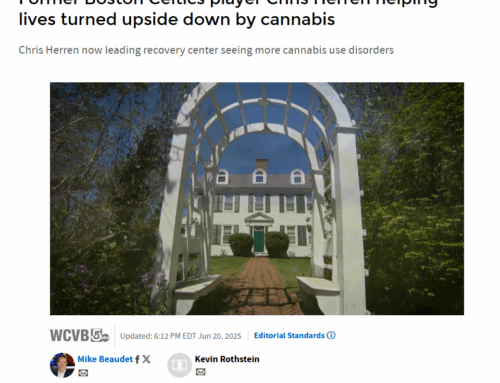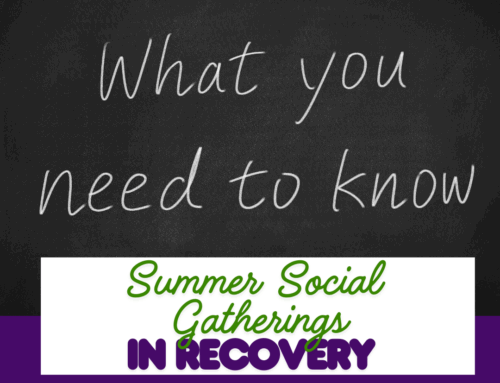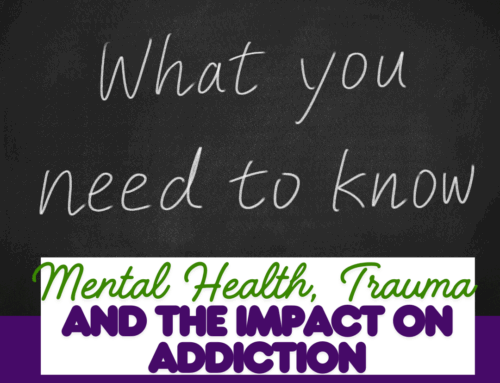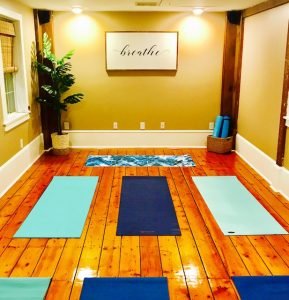 The concept of self-care can feel foreign to many people in early recovery, because in active substance use even basic self-care is often not a priority, and it’s common for our mental and physical health to fall by the wayside. It can take time and practice to reprioritize the things we do for ourselves to experience joy, connection, and peace of mind.
The concept of self-care can feel foreign to many people in early recovery, because in active substance use even basic self-care is often not a priority, and it’s common for our mental and physical health to fall by the wayside. It can take time and practice to reprioritize the things we do for ourselves to experience joy, connection, and peace of mind.
What is Self-Care?
Self-care involves anything we do to refuel and recharge our mind, body, and spirit. It can involve anything from taking care of our hygiene and physical health, to activities that promote our mental wellbeing such as therapy, exercise, hobbies, and relaxation.
While it’s important to understand what self-care is, it’s also important to understand what it isn’t. Overextending ourselves, placing too high a priority on others’ wellbeing over our own, having poor boundaries in relationships, and/or overlooking the things that make us happy are all examples of the opposite of self-care.
Self-care is sometimes perceived as indulgent or selfish, when in fact the opposite is true. It may seem counterintuitive, but by practicing self-care and loving ourselves, we are best positioned to be fully present in our lives and for the people who love and need us.
Self-Care and Recovery
One of the greatest blessings of recovery is the re-emergence of the people, places, and things that were damaged or lost during active use. While these gifts are by-and-large a blessing, it can be tempting to throw ourselves back into the hectic pace of life and before we know it we are busy and overwhelmed, and the things we do to sustain a healthy recovery slip down the list of priorities.
There is an expression in recovery that says, ‘anything we put in front of our recovery we stand to lose’, as recovery is what enables us to regain the things in our life that were lost. Self-care is crucial in recovery, as it is the key to ensuring we are putting into practice things that sustain our recovery and our mental, physical, and spiritual health.
Self-care in recovery is an action, not simply a concept. In order to maintain self-care, we must put into practice actions that can develop into habits that weave self-care into our daily lives. In today’s culture, people often think of self-care as ways that we treat ourselves, are luxurious, or special. While things like a spa day, massage, special meal, or vacation qualify as self-care, they only happen occasionally and the idea behind a practice of self-care is to find things you can do daily to sustain a healthy recovery.
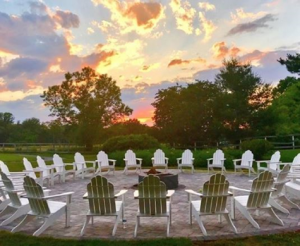 Ways to Practice Self-Care in Recovery
Ways to Practice Self-Care in Recovery
Especially when unfamiliar or out of practice with self-care, it can be difficult to know where to start. There are many simple things we can do, however, to incorporate self-care into our daily lives.
Stay Connected
Recovery thrives when we are connected, and it’s important to be an active part of a supportive community of people who understand what we have gone through, and can offer love, advice, and support. Often these are other people living in recovery, especially those who have been in recovery a while, and who can offer insight into ways to balance the challenges of daily life with a healthy recovery.
Finding a supportive community of people in recovery is essential, through recovery meetings, group therapy, or other groups that prioritize wellness and self-care, such as a spiritual and/or wellness community. Often, staying connected with others involves a combination of these things.
Practice Mindfulness
Living mindfully means being fully present in all aspects of life, both the challenges and the gifts. By incorporating a mindfulness practice into daily life, we reduce the chance that we will lose sight of our mental and physical wellbeing. A meditation and/or yoga practice are two examples of ways to sit peacefully – and compassionately – with self and take stock of how we’re doing.
A mindfulness practice doesn’t have to be time-consuming, either; even 15 minutes a day of meditation, stretching, yoga, or sitting peacefully with ourselves and quieting our mind go a long way towards understanding self. Incorporating a regular time, like first thing in the morning or before bed, into each day where we practice mindfulness creates a habit we can sustain over the long term.
 Prioritize Physical Wellness
Prioritize Physical Wellness
Physical wellness involves caring for our body through things like proper sleep, nutrition, and fitness. This doesn’t have to be over-the-top, either. Training for a marathon or going vegan may not feel like something that is sustainable, for example, especially if it’s done impulsively. Taking a 20-minute walk every day, keeping to a regular sleep schedule, and eating a balanced diet are all ways to practice good physical self-care.
Practice Creativity
In active substance use, we lose sight of creative hobbies and endeavors that fuel our creative spirit. Or, perhaps, we don’t have experience with habits that enrich our lives in this way. In recovery, we are free to explore what taps into our creativity and passion. Recovery is an opportunity to explore interests like photography, drawing, or making jewelry, for example. Finding hobbies that bring us joy and contentedness are a good way to take time to enrich our mind and spirit. It may take a few tries to find what works, or a combination of things, but tapping into creativity is a great way to prioritize self-care.
An Attitude of Gratitude
Noticing the smaller joys in life augments self-care in amazing ways. When we live mindfully, we can notice the everyday gifts of life and maintain a perspective of gratitude. Even on difficult days, we have the gift of recovery and all the blessings that brings. Maintaining a daily gratitude journal – even just five things we are grateful for every day – keeps us present in our lives and our blessings.
 About Herren Wellness
About Herren Wellness
When you come to Herren Wellness, you are immediately connected with a thriving community of people at all stages of their recovery journey. We introduce healthy habits and routines centered around emotional, physical, and spiritual wellness that provide a solid foundation for rediscovering your interests, experiencing joy in sobriety, and building structure and routine.
We provide several alumni support communities, including a weekly recovery support group, monthly alumni meeting, and online alumni community you can access anytime. Your connection to Herren Wellness doesn’t end when your stay ends; we are there for you throughout your recovery journey.
If you, or a loved one, is looking for help, please call us at (844) 443-7736, email us at info@herrenwellness.com, or fill out a contact form. You are not alone.


